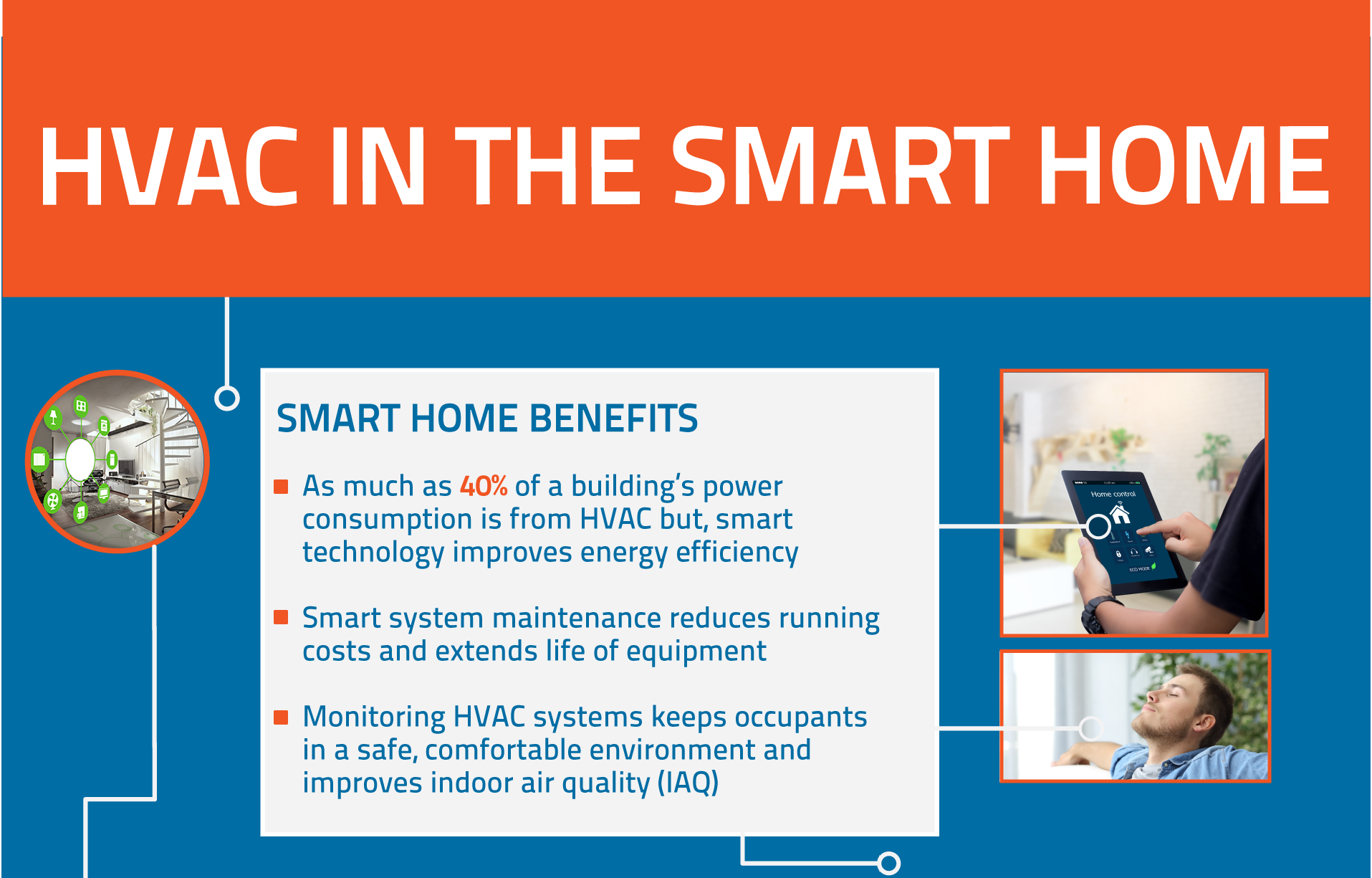Heatpump Vs Furnace - Which Is The Better Home Heating Option For Your Home?
Heatpump Vs Furnace - Which Is The Better Home Heating Option For Your Home?
Blog Article
Web Content By-McLamb Reese
Several property owners recognize with furnaces, which warmth homes with oil or natural gas and press hot air with ductwork. They are reasonably low-cost and can supply trusted home heating even during a wintertime power failure.
Nevertheless, they utilize nonrenewable fuel sources and create carbon monoxide and various other air contamination. They likewise aren't as energy-efficient as a high-efficiency heatpump.
Expense
Typically, heatpump are much more affordable to operate than heaters. They generally utilize electrical power and refrigerant to extract warm from outdoor air, and after that move it into your home. You can benefit from cheaper electricity prices throughout off-peak hours to better reduce your heating expenses.
Unlike heatpump, gas or wood-burning heaters use combustion to produce warm, discharging flue gases right into the ambience that can be unsafe to your health. These heaters are also much less energy-efficient than heat pumps, and their higher operating costs can build up gradually.
Heaters are much more difficult than heatpump and need normal maintenance to guarantee the proper function of all parts. Despite this, they tend to last longer than heatpump with a common lifespan of two decades or more. Nevertheless, you'll need to consider the price of gas, gas oil or wood and the additional equipment needed for setup and operation such as ducts and air flow systems.
Energy Efficiency
Heatpump have a higher energy efficiency ranking than furnaces. These systems utilize electrical energy to feed on warm from the air, even in freezing temperatures. They can also remove excess heat from the home throughout warmer months and recycle it to cool down the system. Provider specialists can assist you establish the most effective version for your online on climate and resource power costs.
mouse click the following web page burn gas oil, lp, natural gas or various other kinds of nonrenewable fuel source to heat the air in the home. This air is after that spread with ductwork making use of a huge fan. Furnaces create greenhouse gases and require routine maintenance and tools upgrades to make certain secure procedure.
The most significant advantage of a heating system is that it can be run also in extreme wintertime problems due to the fact that it does not count on outside temperature levels to warm the air. Furnaces likewise have a longer lifespan than heatpump and usually last 15 years. They can likewise be paired with dual fuel alternatives, which pick the most reliable heating choice based on the climate.
Environment
Heat pumps work well in moderate environments and utilize much less source energy than heaters. Nonetheless, if your region is remarkably cold, you may need to invest in a typical gas furnace rather.
Furnaces supply warm, comfortable warm and usually supply fast heating to increase interior temperature levels. These systems can be used with a variety of gas types, including gas, lp, oil or electrical energy.
They eat more power than heat pumps-- as much as 3x as much-- and call for ductwork that's pricey to install or retrofit. They're also extra costly to preserve, as they can trigger air top quality issues and produce greenhouse gas exhausts.
If just click the up coming internet page devoted to minimizing your carbon footprint, a heatpump is a good selection for your home. simply click the up coming web site have fewer greenhouse gas exhausts than heaters, especially if you select a power CELEBRITY ® heat pump. Your neighborhood Carrier professional can describe the differences between these 2 furnace and assist you make the best decision for your distinct demands.
Personal Preferences
Furnaces can be extremely power effective when powered by natural gas, lp or oil, yet they aren't as power effective as heat pumps in cold climates. They can also be more pricey to mount, calling for gas lines and air flow systems.
However, heaters tend to call for less upkeep, which can lead to lower continuous prices. They create fewer greenhouse gases and are more trusted than heatpump during severe climate.
Electric heat pumps are more flexible in producing indoor convenience because they can also act as a/c throughout warmer months. They can be easier to keep, needing just normal air filter modifications and occasional vacuuming.
If you like the ease of a single system that does it all, consider a hybrid heating remedy that sets a furnace with an electrical heat pump. These systems can immediately switch over between both home heating choices based upon your home's needs and temperature problems, making the most of efficiency and savings.